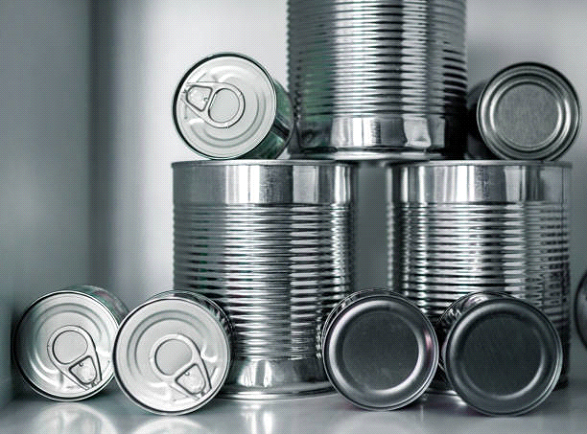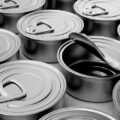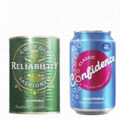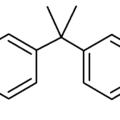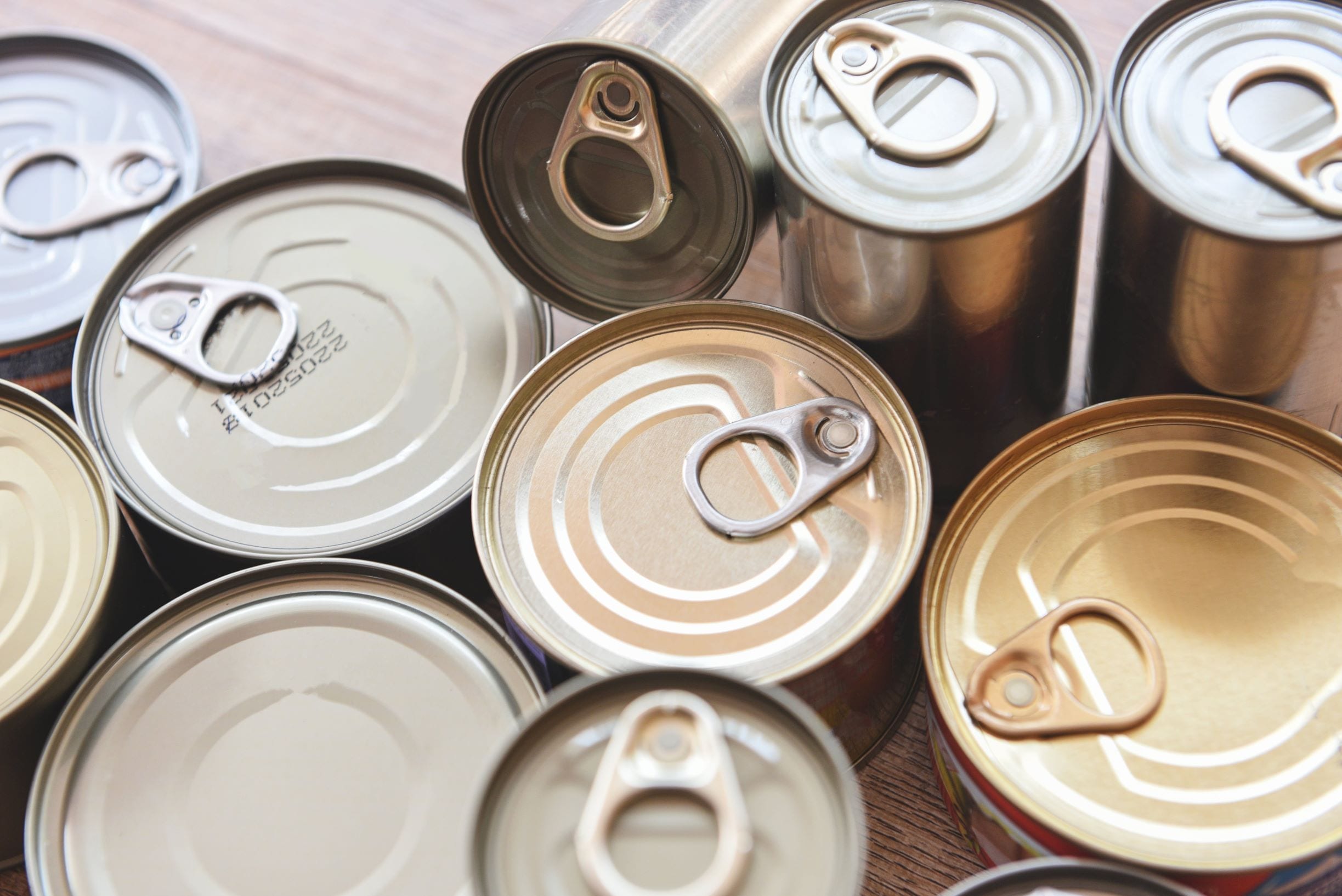A commission of European Union experts has voted in favor of banning Bisphenol A (BPA) and other bisphenols in food and beverage packaging materials, which is expected to come into force by the end of 2024. These materials have proven adverse health effects and, after a phase-out period, the use of this chemical will no longer be allowed in the countries that make up the European Union.
This decision is supported by the scientific assessment of the European Food Safety Authority (EFSA), which concluded that this compound had
“possible harmful effects on the immune system”.
This ban will apply primarily to the use of bisphenol A packaging such as the coating used on metal cans and to its use in consumer items such as reusable plastic beverage bottles, water coolers or other kitchen utensils.
This decision was taken after a process of public consultation and discussion with all member states. Limited exceptions will also be made when there are no safe alternatives available and transition periods when they do not pose a risk to consumers. The purpose of these exceptions is to allow the industry to adapt and avoid interruptions in the food chain.
Bisphenol A is an endocrine disruptor that can cause imbalances in the hormonal system at very low concentrations with possible health impacts. Its toxic effects are due to the consumption of food that has been contaminated by contact with materials containing this substance, such as packaging, cans or containers of various kinds.
The continued manufacture and sale of products containing bisphenol causes continuous exposure of the population, affecting all ages (from fetuses to the elderly). The continued presence of this disruptor in the body has been linked to an increased risk of various organic disorders.
Bisphenol A has harmful effects on the male and female reproductive system and can also affect the thyroid.

